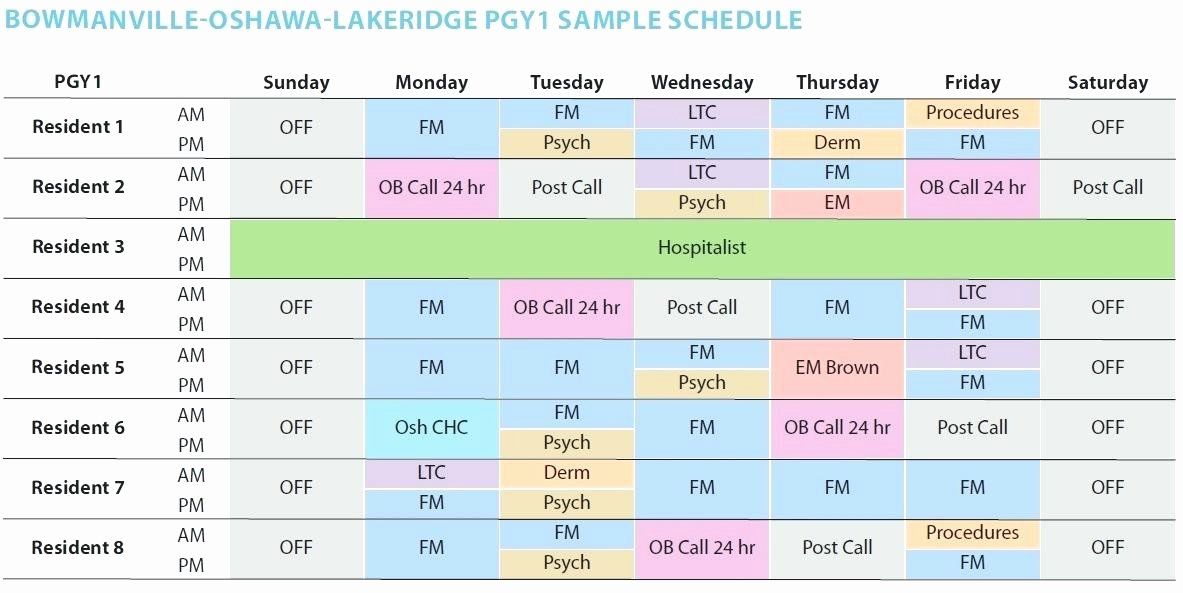Defining 24/7 Home Health Care: What Is A 24/7 Shift Like Home Health

24/7 home health care provides continuous medical and non-medical assistance to individuals in their homes, around the clock. This intensive level of support is crucial for patients who require constant monitoring and care, often due to severe illness or disability, making it impossible for them to receive adequate care through less intensive models. The services provided aim to maintain the patient’s health, comfort, and safety while enabling them to remain in their familiar home environment.
What is a 24/7 shift like home health – The scope of 24/7 home health care services is broad, encompassing a wide range of medical and personal care tasks. Medical services might include medication administration, wound care, vital signs monitoring, and assistance with medical equipment. Personal care services can involve bathing, dressing, toileting, feeding, and mobility assistance. In addition, home health aides often provide companionship and emotional support, playing a vital role in the overall well-being of the patient.
Client Types Requiring 24/7 Home Health Care
Individuals requiring 24/7 home health care often exhibit a high level of dependency due to acute or chronic health conditions. This care model is frequently utilized for patients recovering from major surgery or illness, those with advanced-stage chronic diseases, or individuals with significant cognitive or physical impairments. For example, a stroke survivor with significant paralysis may need 24-hour assistance with activities of daily living and ongoing monitoring for complications. Similarly, individuals with end-stage Alzheimer’s disease may require continuous supervision and support to ensure their safety and prevent accidents.
Medical Conditions Requiring Continuous Home Health Support
A variety of medical conditions necessitate continuous home health support. These conditions often require ongoing medical interventions, close monitoring of vital signs, and frequent assistance with daily tasks. Examples include severe heart failure, requiring constant observation for changes in cardiac function; traumatic brain injury, demanding vigilant monitoring for neurological changes and preventing complications; and ventilator dependency, necessitating constant respiratory support and monitoring. Other conditions requiring this level of care might include severe COPD, advanced cancer, and complex wound management.
Models of 24/7 Home Health Care Delivery, What is a 24/7 shift like home health
Different models exist to provide 24/7 home health care, each with its own advantages and disadvantages. The optimal model depends on the individual’s specific needs and financial resources.
| Model | Description | Advantages | Disadvantages |
|---|---|---|---|
| Private Duty Nursing | One nurse provides care throughout the 24-hour period. | Consistent care, high level of individualized attention. | High cost, limited availability. |
| Team Nursing | A team of nurses and home health aides provide care in shifts. | More affordable than private duty, provides continuity of care. | Potential for less individualized attention, communication challenges among team members. |
| Live-in Caregiver | A caregiver lives with the client and provides 24/7 care. | Constant presence, personalized support. | Potential for caregiver burnout, privacy concerns. |
| Combination Model | Combines aspects of different models to meet specific needs. | Flexibility, cost-effectiveness in some cases. | Requires careful planning and coordination. |

Tim Redaksi